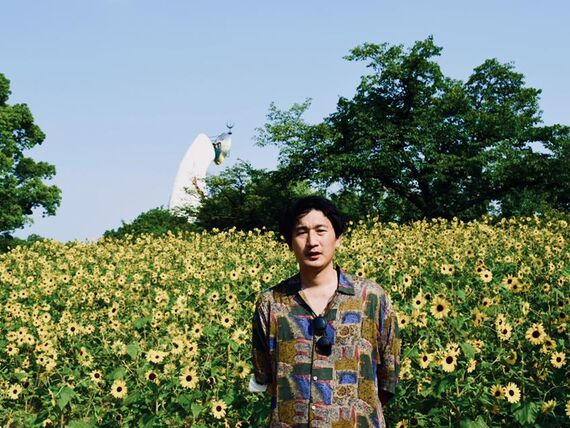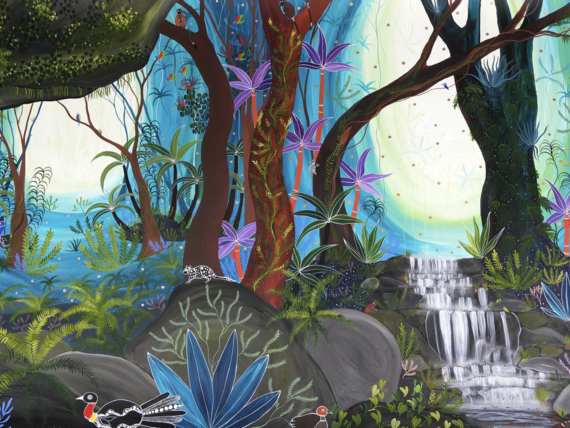
##MP##
Two people have this week been treated for box jellyfish stings at Cairns Hospital.
Cairns and Hinterland Hospital and Health Service (CHHHS) said a 48-year-old woman was stung at Yorkeys Knob on Monday, while a 61-year-old woman was rushed to hospital on Sunday after swimming on the Great Barrier Reef.
A CHHHS spokesperson couldn’t provide details of the exact reef but said both women presented for box jellyfish stings and have since been discharged.
##BA##
Stinger nets are traditionally installed at the beginning of November.
Surf Life Saving North Queensland (SLSNQ) has told Tropic Now that will remain the plan this season unless beach drags reveal any Irukandji or box jellyfish.
A spokesperson said bluebottles have been abundant on Cairns beaches, but the more deadly stingers haven’t yet been found.

“We’ve done stinger drags and we haven’t picked up anything else,” they said.
“We start doing regular stinger drags from mid-October and from the first of November we will start installation of the stinger nets.”
##PQ##
Jelly blubbers (catostylus mosaicus) have also been reported at beaches from Cairns to Port Douglas, thought to have been brought in by northerly winds.
While both blubbers and bluebottles can sting, they’re typically not deadly like the box jellyfish or Irukandji, however their presence often precedes that of the more dangerous stingers.
For now, all beaches across the Surf Lifesaving North Queensland district are open.
You can check daily beach reports and lifeguard times here.
Main points
- Two women have been treated for box jellyfish stings at Cairns Hospital
- One was swimming at Yorkeys Knob on Monday and the other was rushed in from the Reef on Sunday
- Drags at Yorkeys Knob found no box jellyfish or irukandji, but bluebottles were abundant




